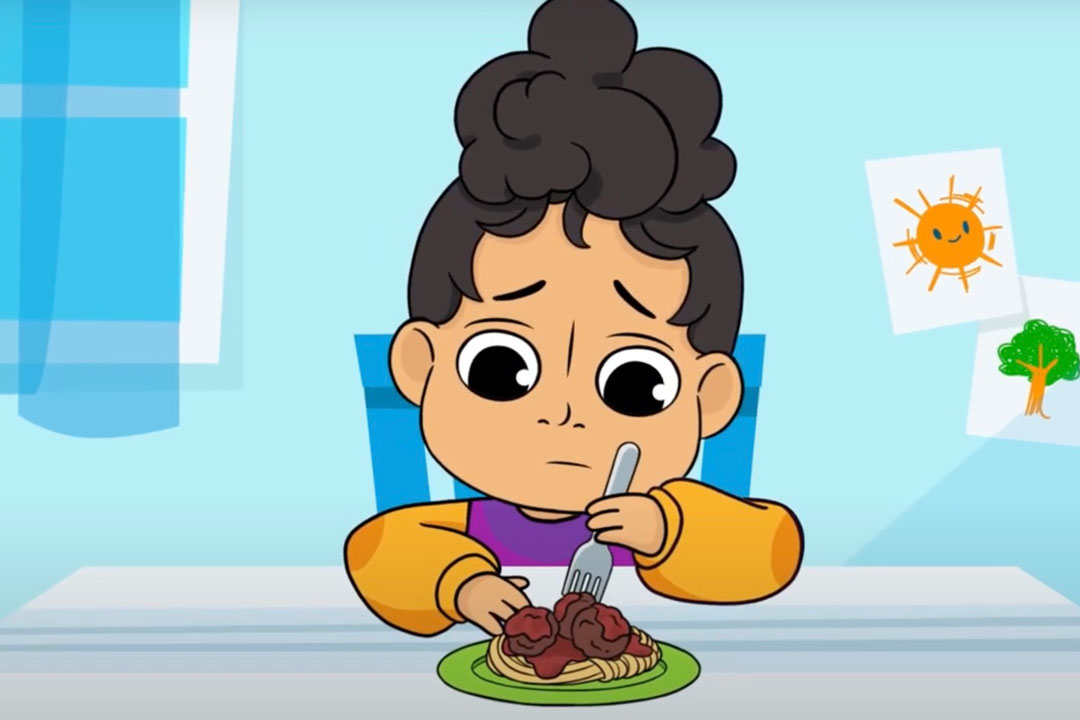
Eosinophilic esophagitis (EoE) is an allergic condition triggered by foods that causes inflammation and narrowing of the esophagus.
Picture this… you've just spent a long day at the park and now it’s time to go home, but guess what? Your child is struggling to stop their favorite activity and head home. Now, you’re feeling frustrated, overwhelmed, and late.
Transitions occur as part of a daily routine, a change in location, or when a task needs to be ended. We all go through many transitions every day! One of the most common things that we hear during evaluations is that your child is struggling with transitions at home, in the community, or at school. This is likely due to inconsistent expectations, unpredictability, worry, and fear of what’s to come next.
Here are some strategies to help support your child:
Visual Timers
These help ensure predictability and reduce resistance to a change in routine. One of my favorites is the Time Timer, this is an essential tool to have as a parent! The red countdown on this timer mimics an analog clock, helping kids of all ages “see” time. Check it out below!
Allow Yourself Enough Time
Start by transitioning at least 10 minutes before the task needs to be terminated. This ensures that your child has enough time to finish their idea and ask questions. If you’re feeling rushed, your child will be too!
Utilize a Visual Schedule
Similar to visual timers, visual schedules assist with predictability and consistency in your child’s daily routine. They also ensure comprehension, rather than verbal warnings in isolation. Let your child be involved by picking out, or drawing pictures of the tasks!
Make It Playful and Give Your Child a Goal
Have your child complete a bubble challenge to see how many bubbles they can pop, or see how many steps it takes to get from point A to point B. Have your child complete 10 frog jumps, ride on your back like a horse, or sing a rhythm-based song.
One of the most important things is to set your child up for success. Once your child knows what to expect, they will become more compliant and less fearful over transitions.